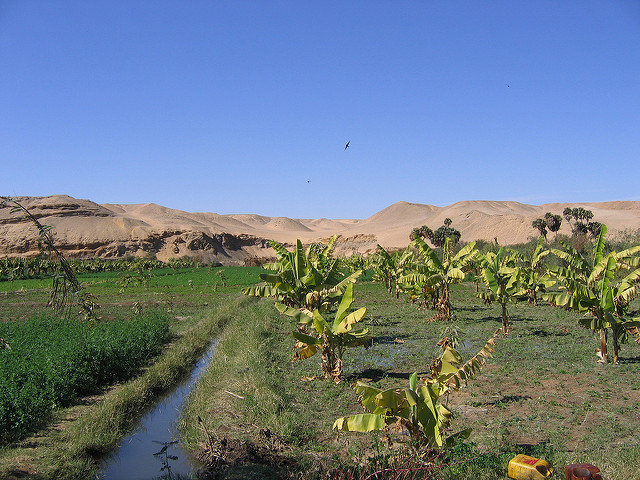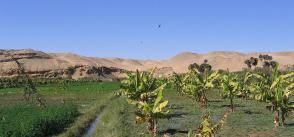
Coping with climate change: what will it take for MENA’s smallholders
In the Middle East and North Africa region, the livelihoods of smallholders and food security are hung by a thin thread.
The region has 87 percent of the land area as desert. On arable lands, the food productivity is impeded by severe water stress, soil degradation, and outdated farming technologies and practices. MENA relies for 50 percent of its food requirements on imports – the highest dependence in the world.
With a rapidly growing population to feed, can MENA produce more food to reduce its increasing reliance on imports? Is MENA prepared to address the threat of climate change to its food and nutritional security?
These were the big questions posed by MENA country representatives at one of the COP22 events in Marrakesh, past week. The event, titled “Coping with Climate Change in the Middle East and North Africa (MENA) Region: Meeting Future Food Demand through Science & Innovation”, held on November 16, sought to examine these challenges with a panel of science and policy experts, in the light of impacts from climate change.
Read the full article via ICARDA web site.
[Photo by Elevated | Flickr]







